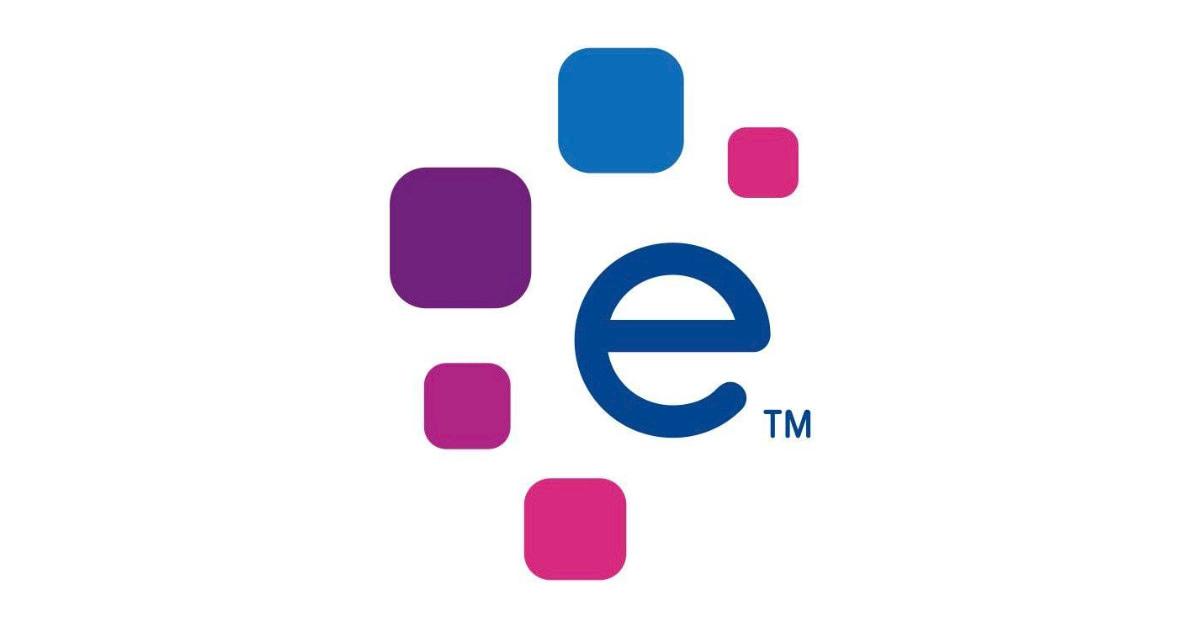Why Credit Bureaus Often Report Different Credit Scores
Like many, you may be asking “Why is my Experian score lower?” Here's why the credit bureau's scores can be different from TransUnion's and Equifax’s.
June 22 2021, Published 5:52 a.m. ET

Common forum post headlines include “Why is my Experian score 74 points lower than my TransUnion and Equifax scores?,” “Experian Score lower than 2 other bureaus,” “Why is Experian so much lower?,” and “Experian always has a lower score!” Many users on the myFICO forum say their Experian credit scores are lower than their TransUnion and Equifax credit scores, and they’re desperate to know why.
“This is not a one-time issue, because I have been experiencing this for many, many years, with Experian always lower than anyone else,” the user behind that fourth forum post writes. “Personally, I think Experian is just screwed up and they are using some kind of a different system, regardless of the fact that they are supposed to be using a consistent model.”
Experian says it would be “unusual” if your credit scores align
Helpfully, and perhaps defensively (if it does report lower scores than the other bureaus), Experian has an explainer article about why credit scores differ between credit bureaus.
“While it is possible for you to have only one credit score, it’s unusual,” Experian states. “Consumers normally do not have a single score but rather many credit scores. This is due to a variety of factors, such as the many different credit score brands, score variations and score generations in commercial use at any given time. These factors are likely to yield different credit scores, even if your credit reports are identical across the three credit bureaus—which is also unusual.”
Your credit reports might show different information at different bureaus
Experian explains that some lenders provide information to all three major credit bureaus, and some give information to just one or two of them. That discrepancy in data can lead to differing credit scores.
Similarly, lenders might make hard inquiries with all three bureaus or just one. And because the number of hard inquiries on your credit report impacts your credit score, differences in the number of hard inquiries could result in different scores. The good news is that you make soft inquiries when you check your credit report, and soft inquiries have no bearing on your credit score.
And finally, Experian says, your credit scores are “snapshots” of your creditworthiness as calculated at a specific time, and while lenders furnish credit report data on a monthly basis, they don’t all share data at the time of the month. So, checking your Experian score on Jul. 1 and your Equifax score the following day might yield two very different results.
Not everyone has lower Experian scores
A commenter on the myFICO forum post excerpted above said that it’s not always Experian that shows the lower score. “For every time I’ve read a post that states this about Experian, I’ve read the same post about TransUnion and Equifax,” that user wrote.
“It’s all a personal thing. Whichever score historically is the worst for any one individual, naturally from their perspective, based on their personal experience, they sort of build a bias toward that bureau. I’ve sort of felt that way about TransUnion over the years, but I know I’m just being biased based on what I’ve seen with my personal scores.”

